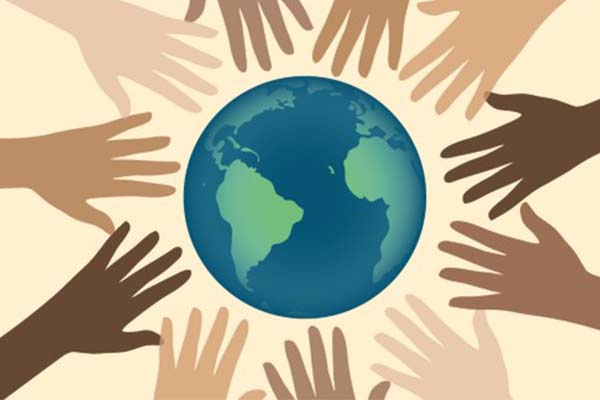Refugees’ access to livelihoods is extremely limited as they are almost entirely excluded from the formal labor market. Moreover, a combination of factors, including the lack of legal residency, restrictions on employment opportunities, reduction in assistance, and depletion of savings and assets continue to prevent refugees from graduating from poverty.
Based on Vulnerability Assessment of Syrian Refugees in Lebanon report (VASyR 2022), the economic downturn, steep inflation, COVID-19 and finally the Beirut blast have pushed vulnerable communities in Lebanon – including Syrian and Palestinian refugees – to the brink, with thousands of families sinking further into poverty and vulnerability. One of the most concerning findings of the VASyR is the sharp increase in the proportion of households living under the extreme poverty line, reaching a staggering 89 per cent in 2021, up from 55 per cent only a year before – an indicator of the impact of the compounded crises Syrian refugees have been facing in Lebanon.
The findings of the survey have indicated that the average amount of debt accumulated by households has increased by 18 per cent with an average debt of nearly LBP 1,840,000 per family. The main reason for incurring debt was buying food (93 per cent), followed by rent and medicine at 48 per cent and 34 per cent, respectively. Like the previous year, 9 out 10 households continue to be in debt, indicating that Syrian refugee households continue to lack enough resources to cover their basic needs. According to the VASyR, healthcare is the third biggest expense, after food and rent, for refugees living in Lebanon, making it increasingly complicated for patients especially women and children, to cope with and overcome life’s challenges.
War doesn’t only destroy the features of cities and villages, but also the lives of people and mainly children. Many pediatric age group refugees suffer from certain debilitating diseases (mainly congenital malformations) which may occur for many reasons. With the cost of expensive treatment in Lebanon and the poor economic situation of refugees, they are unable to provide treatment for their children. Such congenital diseases, if not early detected and medically treated will cause psychological problems and difficulties in education, social integration and eventually complicate and threaten the child’s life. Interventions at an early stage with such cases will give a better prognosis with lower cost leading to saving the child’s life and improving his/her living conditions.
Based on LCRP Report-2022 the direct and indirect cost of services including transportation remains the main challenge to accessing healthcare.
Vulnerable populations, particularly people with disabilities and older persons, continue to face challenges to access needed primary healthcare and hospital care, as many are unable to afford treatment and transportation costs. In addition, households are deprioritizing non-urgent healthcare services and hospital admissions including preventive primary healthcare (i.e., vaccination, antenatal and postnatal care, and mental health services).
Although refugees have access to health services through a wide network of health providers, affordability is a significant barrier for refugees, as health services in Lebanon are largely privatized. The majority of refugees cited prohibitive fees as the main obstacle to receiving the medical assistance they need. Without the financial means to receive healthcare services, refugees will have an increased risk of developing health complications.
In light of the COVID-19 pandemic crisis, and the economic crisis that rocked Lebanon, unemployment increased and the number of those in need of medical assistance from refugees and the Lebanese people increased, which constituted an additional burden on the primary and secondary healthcare centers.
Perhaps one of the most affected by this crisis are patients of women and children especially the children with congenital malformation, In addition, the patients who suffer from kidney failure and who need huge sums to cover 13 dialysis sessions per month, which costs about $800 per month.
Through GHAWTH intervention we aim to improving access to primary and secondary health services for Syrian and Palestinian refugees and the most vulnerable groups of the Lebanese host community in Lebanon.


